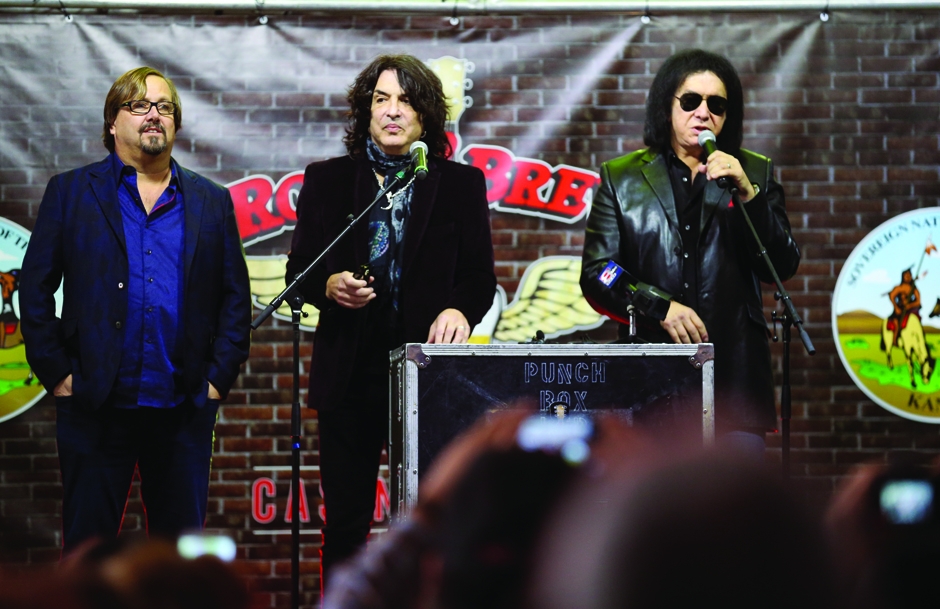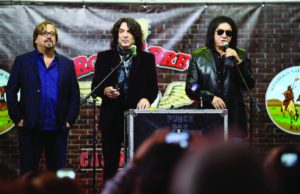
By Hallie Lauer | Layout Editor

Presidential inaugurations have never garnered the sort of publicity like they have had this year, not even when Barack Obama was elected and sworn in as the first African-American president.
When President Obama was sworn into office in 2009, according to Politico, 1.8 million people were in attendance. About 800,000 people are expected to attend the upcoming inauguration. While less people are believed to be participating in the festivities, it hasn’t stopped the swell of buzz around Jan. 20.
What is even more surprising than the sheer amount of press surrounding the president elect — which there is plenty of — is the fact that what everyone seems to be most concerned with is what celebrities will be in attendance and what artists will be performing.
Sir Elton John, Celine Dion, KISS and Andrea Bocelli are just some stars that have refused to perform at the upcoming inauguration.
More intriguing, however, is not the people who have or have not decided to perform at the ceremony, but the emphasis placed on those people. No other inauguration has focused so heavily on who was going to perform.
Boris Epshteyn, one of Trump’s advisors, said it best, “This is not Woodstock. It’s not Summer Jam. It’s not a concert. It’s not about celebrities. As Trump tweeted himself, it’s about the people. That’s what we’re concentrated on.”
While Trump’s tweet is slightly contradictory to his actions – as he is saying he wants the American people but keeps asking A-list celebrities to perform and is on even offering their agents ambassador positions — the focus of this whole debacle is completely misguided.
The only set-in-stone tradition of the inauguration is that the president elect goes through the swearing in process. This is where the president must repeat an oath given by the chief justice, where they promise to uphold the Constitution. The newly sworn-in president will then give an inaugural address, or a speech often highlighting what their plans for presidency are.
The inaugural address was given before the Oath of Office was said until 1897, when William McKinley wanted to close his speech quoting parts of the oath. So, he had the speech moved to after he was sworn into office.
The parades and performances came later, starting with the second inauguration of Thomas Jefferson, and evolved with time, expanding again in 1839 with the inauguration of Andrew Jackson.
However, with all of this focus on the attendees rather than the inauguration itself shows where people’s priorities lie.
The point of an inauguration is to show the peaceful passing of power, something that not every country gets to celebrate. It is not supposed to be about who is there to perform and entertain the masses.
The peaceful transfer of power has been something uniquely American. Even if many people don’t agree with the choice of president, the inauguration is still a time to stop and admire the things that America still does correctly.
The majority of people who tune into the inauguration on television don’t do so to watch the performers; they do it to watch a piece of history being made. Each diplomatic transition of power is a historic moment that will be recorded in the books that future generations will learn from.
So collectively as “we the people,” let’s not let our children and grandchildren learn about an inauguration that was more focused on what Hollywood stars were in attendance. Rather, let it be about what each inauguration has been about: a new era, a new change, even if you disagree with who is being sworn in.



